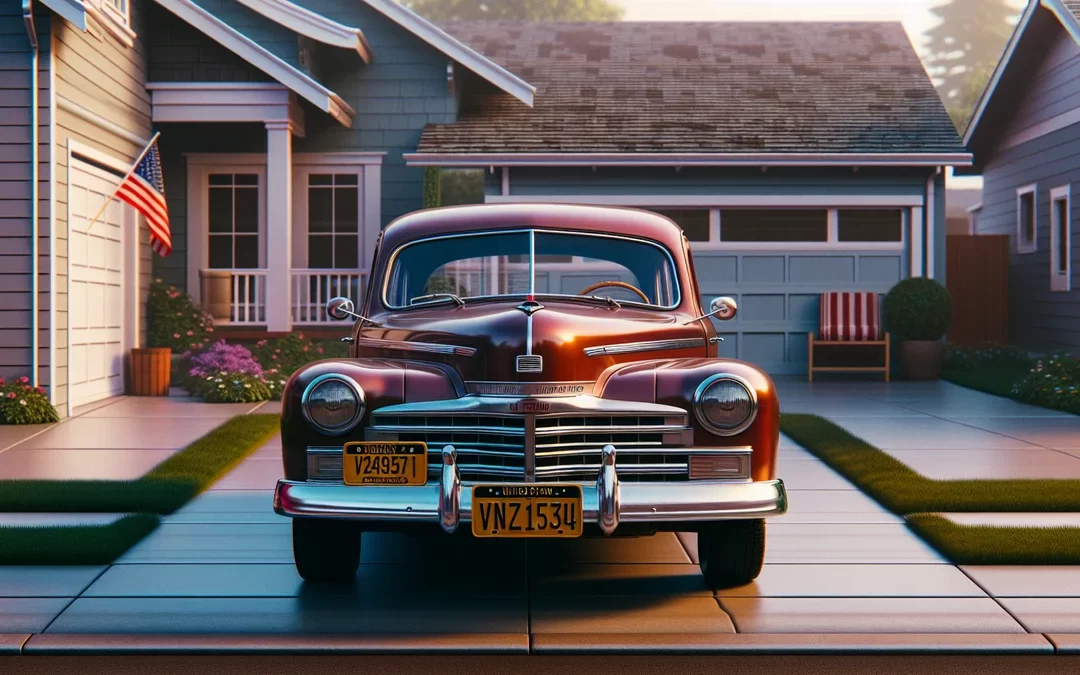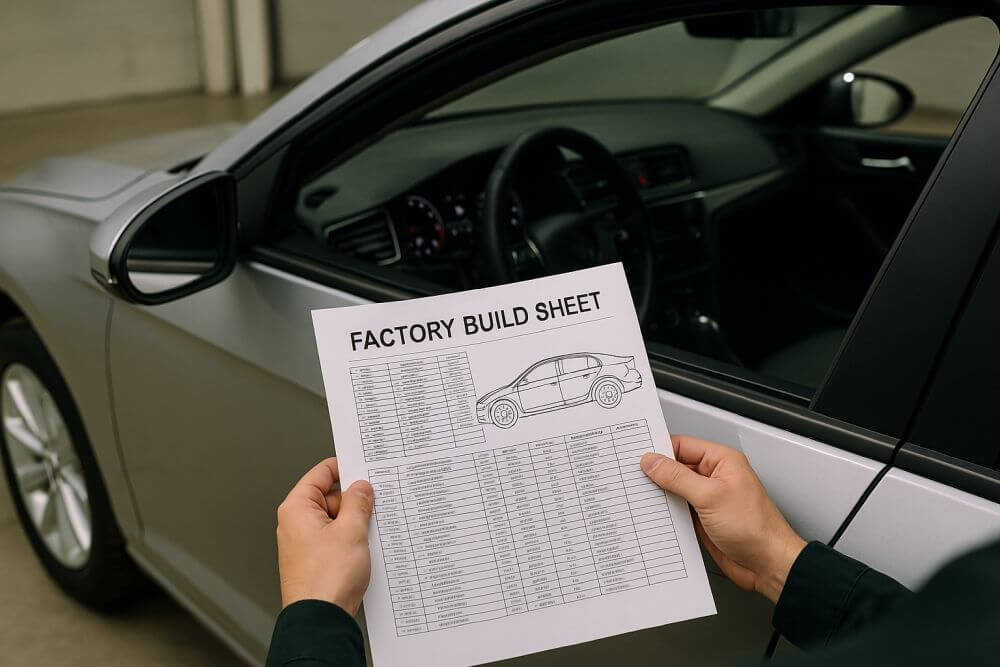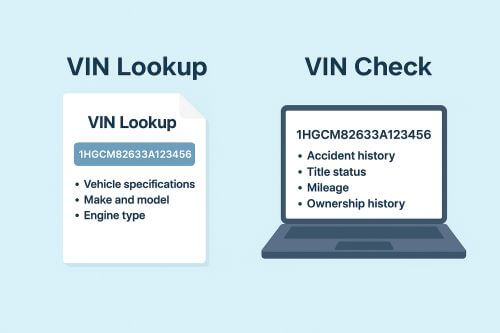VIN cloning is a type of fraud in which a stolen vehicle is given a duplicate vehicle identification number (VIN) that matches the title of another vehicle, usually one that has been sold recently or has not yet been registered. It involves changing the VIN on the stolen car to match that of an identical model and make, often with stolen or fake documents. This makes it difficult for law enforcement to track down the true owner of the car and even harder for them to trace it back to its criminal origins.
VIN cloning is not limited to just cars – it can be used on boats, motorcycles, RVs, and other vehicles as well. It is a serious crime that should be reported immediately if suspected. The best way to protect yourself against VIN cloning is by always double-checking any documents you receive regarding your vehicle’s VIN and making sure that any changes are made through official channels.
A VIN check is an important tool for preventing VIN cloning. It will quickly reveal any discrepancies or inconsistencies in the vehicle information provided by the seller, making it easier to detect if VIN cloning has taken place. It is recommended to always get a VIN check before buying any used vehicle as it could save you from becoming a victim of this type of fraud.
How does VIN cloning work?
VIN cloning is a process that uses an existing vehicle’s identification number (VIN) to create a duplicate VIN. This clone VIN can then be used to register the cloned vehicle in another state or country. The process of cloning involves taking the original VIN, copying it, and then inserting it into another vehicle. This new VIN will be identical to the original one, allowing the vehicle to be registered as if it was brand new.
Cloning is often done with luxury cars so they can be sold at a higher price than they originally cost. It can also be used to avoid taxes or comply with emissions regulations in certain countries. Vin cloning is an illegal practice and should not be attempted as it can lead to serious legal consequences.
Dangers Associated with VIN Cloning
This illegal practice has been used by criminals to hide stolen vehicles or create false titles. It also allows criminals to evade law enforcement and commit insurance fraud. In addition, VIN cloning can lead to problems with maintenance and repair records since the false VIN will not match any of the original records for the car.
Furthermore, it can cause major headaches for people who purchase cloned cars unknowingly. It’s impossible to know what kind of damage a vehicle has sustained if its VIN doesn’t match up with its history report. VIN cloning can be extremely difficult to detect and prosecute, which makes it an attractive option for criminals.
Prevention and Detection Methods for VIN Cloning
Prevention and detection methods for VIN cloning are essential in order to protect the integrity of automotive industry transactions. With these methods, VIN cloning can be identified quickly and effectively, thereby protecting consumers from potential fraudsters.
- Automobile tracking software and devices can be used to monitor where a vehicle has been, providing useful information that can be used to verify the accuracy of a vehicle’s records. These systems track the vehicle’s location, speed, and other factors which can be used to identify any suspicious activity.
- Carfax vehicle history reports provide further insight into a car’s background. These reports provide detailed information about a vehicle such as its past owners, service record, accident history, etc.
- VIN verification services allow users to check the validity of a car’s title. These services can be utilized to cross-reference a car’s identity against public records from each state.
- Utilizing the National Motor Vehicle Title Information System (NMVTIS) is an effective way to detect any discrepancies or inconsistencies with a vehicle’s records because it is the only national database of branded title documents which organizations and individuals can access to verify that a vehicle has not been altered or damaged beyond repair.
Signs of Potential Problems with Cloned Vehicles
Cloning a vehicle’s VIN is illegal and can be used to disguise stolen cars or as part of an insurance fraud scheme. It is important to look out for signs of potential problems with vehicles that have had their VIN cloned. Some of the most common signs are mismatched registration documents, mismatched VIN plates, and unexplained differences in engine performance.
The vehicle may also show a more recent registration date than its actual age, or it may not have any records from routine maintenance or service checks. Additionally, if the vehicle has been involved in an accident or other incident, there may be inconsistencies in the paperwork related to it. If any of these red flags appear when researching a vehicle, it is important to investigate further before making a purchase.


